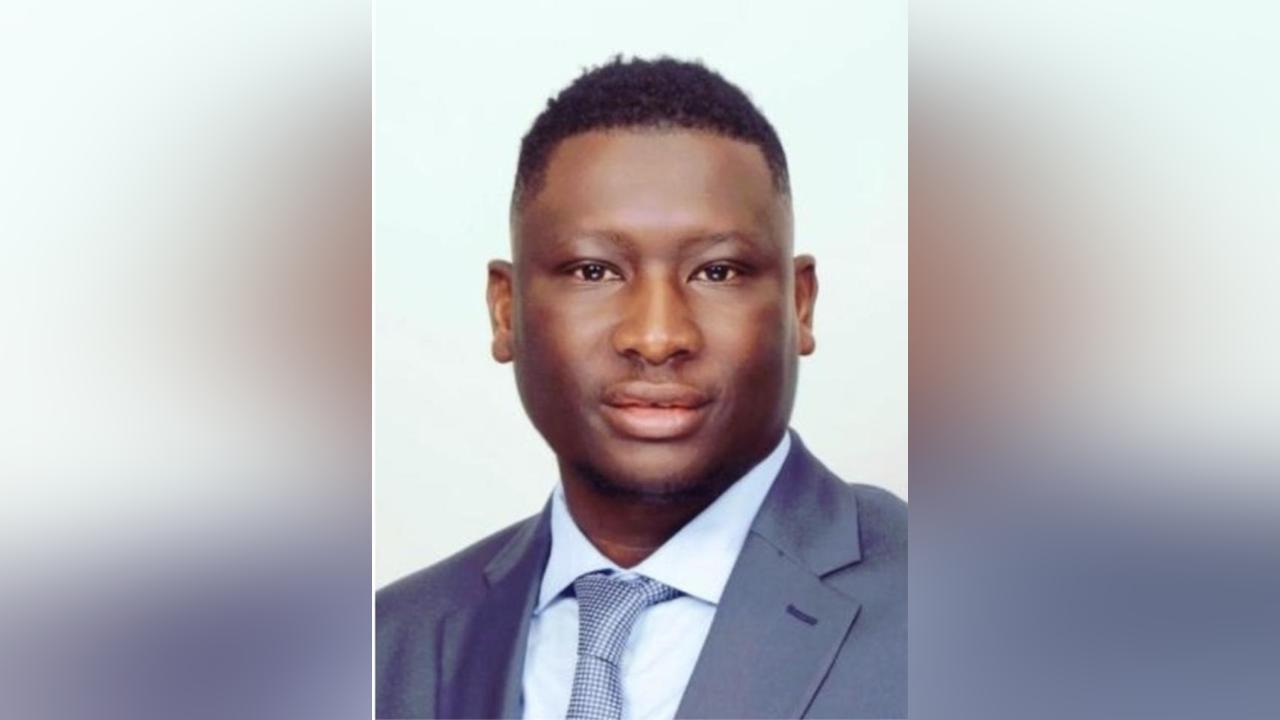By: Famara Singhateh
Africa-Press – Gambia. Author’s Introduction:
Mr Singhateh is a dual-qualified Barrister and Solicitor and the Head of the West Africa Practice at A-Law International Law Firm in Brussels, Kingdom of Belgium. His practice is dedicated to crafting strategic legal frameworks and high-stakes regulatory compliance across over 60 jurisdictions in Africa, Asia and the EU.
The recent appointment of Mr. Cherno Amadou Sowe as the Auditor General of The Gambia represents a pivotal moment for accountability and governance in our nation. However, a troubling legal ambiguity surrounds his assumption of duties, one that touches the core of our constitutional order and the rule of law. As a legal practitioner, I find it necessary to examine this issue closely. If the guardian of public finance fails to adhere to procedural requirements from the outset, what moral authority can it assert to hold others accountable?
The facts, based on the National Audit Office’s own communications, are clear. A media release dated September 18, 2025, states that Mr. Sowe has “officially assumed the duties of Auditor General.” It outlines his meetings with deputies, staff, and external stakeholders such as the Accountant General. Even more notably, a suspension notice dated September 17, 2025, was issued under his name, invoking the authority of his office to suspend a staff member indefinitely.
Now, let us turn to the law. The framework governing this appointment is established not by internal policy but by supreme and statutory law.
Section 158(3) of the 1997 Constitution of The Gambia clearly states: “Before assuming the functions of his or her office the Auditor General shall take and subscribe to the prescribed oaths.”
Likewise, Section 12 of the National Audit Office Act, 2015, leaves no room for interpretation. It reaffirms that the appointee “shall, before assuming the functions of his or her office take and subscribe before the President, the Oath of Allegiance and the Oath for the Due Execution of Office.”
The language used is mandatory and explicit: “shall” and “before assuming the functions.” This is not a mere technicality to be addressed later. It is a condition precedent a constitutional requirement that must be fulfilled before the powers of the office can be lawfully exercised.
The oaths of allegiance and due execution are solemn commitments to the Republic. They represent the transition from a civilian appointee to a constitutionally empowered officer, duty bound to serve without fear or favour. To overlook this step is to disregard the covenant between the office and the state.
This leads to the essential, and still unanswered, question: Had Mr. Sowe taken these oaths before the President prior to September 17?
The National Audit Office’s silence on this matter is telling. Their public announcement, which proudly declares the assumption of duties, would have been the appropriate place to confirm this fundamental legal step. The absence of such confirmation is both noticeable and troubling.
If the oaths were taken after these actions, a serious constitutional issue arises. The suspension of a public officer, a significant decision with profound personal impact, would have been made by an individual who, in legal terms, lacked the authority to do so. This could render the action ultra vires beyond legal power and open to challenge. It casts doubt over every action taken during that period and risks undermining the credibility of the office from the very beginning.
The irony is striking. The National Audit Office exists to ensure that other public bodies comply meticulously with financial regulations and procedures. It serves as a watchdog against maladministration and legal violations. For its own leadership to be embroiled in questions of procedural irregularity is a paradox that demands attention.
Therefore, I urge immediate transparency from the Office of the President and the National Audit Office. To restore public confidence and uphold constitutional integrity, they must disclose the date on which the required oaths were administered.
The rule of law is not selective. It applies to all from the ordinary citizen to the highest offices of the land, and especially to those entrusted with auditing the nation’s integrity. Mr. Sowe’s tenure begins under a cloud of constitutional scrutiny. This is a test not of his auditing capabilities, but of his and the institution’s commitment to the foundational laws of The Gambia. It is a test that must be passed with clarity and conviction.
This situation demands the immediate attention of the Attorney General and Minister of Justice, whose constitutional duty it is to advise the government on matters of legal and constitutional import. The apparent disregard for established procedure creates a dangerous precedent that undermines our legal framework. I call upon the Attorney General to urgently intervene, proffer formal advice to the relevant authorities, and ensure that this anomaly is corrected without delay. The integrity of our institutions depends on strict adherence to the law, and it is the Attorney General’s sacred duty to uphold this principle. Failure to address this promptly would not only condone constitutional oversight but may potentially compromise the legality of all actions taken by the Auditor General during this period.
For More News And Analysis About Gambia Follow Africa-Press






